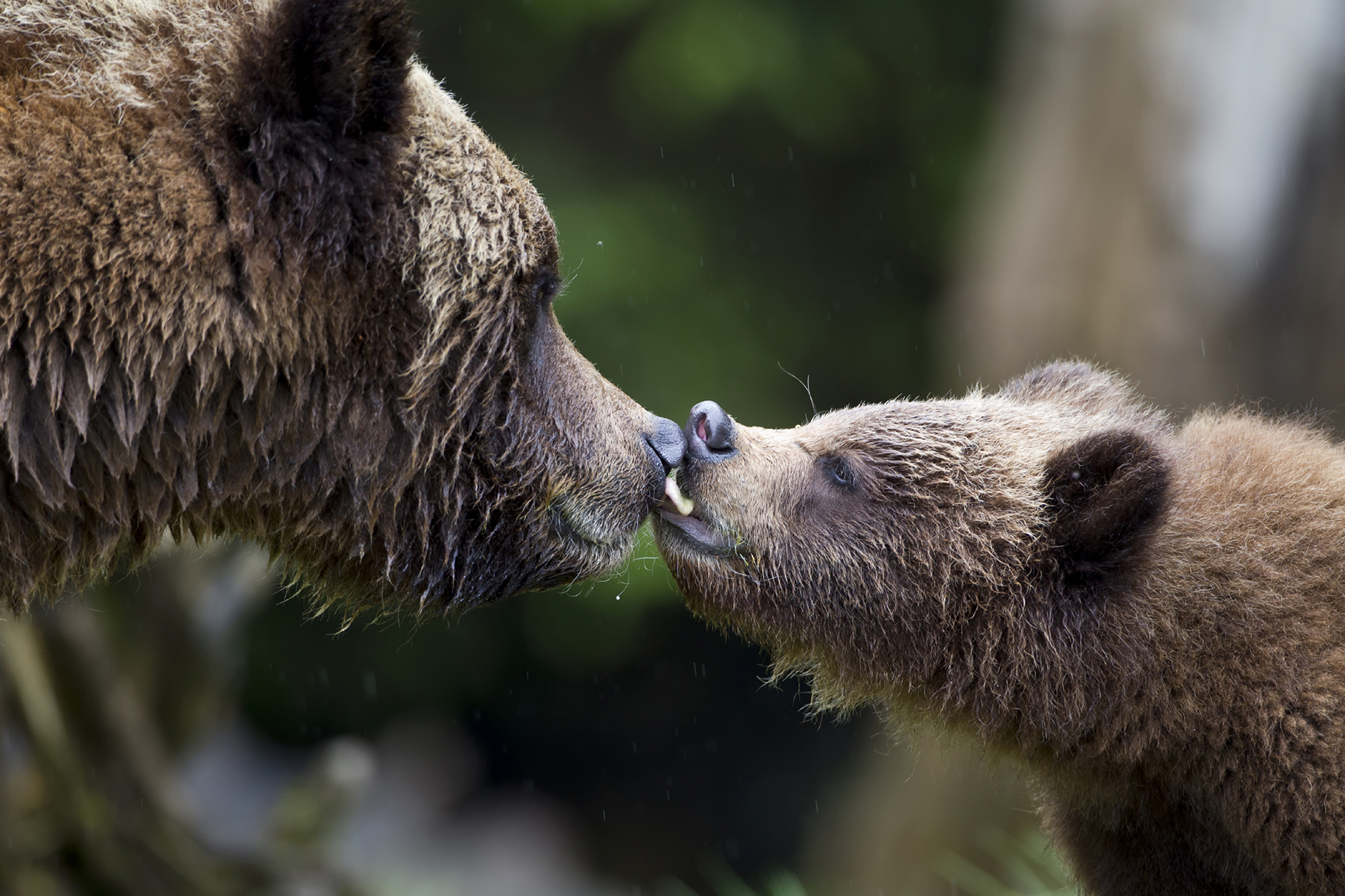
‘Crazy’ to regulate oil industry emissions
The week began with the top leader, Prime Minister Stephen Harper, saying it would be “crazy” to put in place any carbon emissions on the oil industry, given the declining price of crude oil. For years, Harper and the Conservative Party of Canada have pledged to put forward emission limits. But the CPC have not made any progressive environmental or greenhouse gas resolutions in years.
The Globe and Mail reported that the emission proposals would cost oil producers less than $1 per barrel (prices are averaging $58 per barrel today).
This news follows a report from Environment Canada that without serious action, Canada will fail to meet its 2020 climate change commitments, and that the electricity sector is rapidly producing higher volumes of dangerous emissions.
Opts out of CITES policies
Canada’s record at the Convention on International Trade in Endangered Species (CITES) is becoming more blemished. The CBC reported this week that Canada opted out of extending essential protections – the only country to do so.
“Delegates from 180 countries voted to extend protections to 76 plant and animal species from soft-shelled turtles to tropical hardwoods,” the CBC reported. “Canada, however, filed ‘reservations’ against all those motions, meaning Canadian trade in those species will continue as normal.”
To put that in perspective, the CBC noted that during the entire 39-history of the CITES treaty, Iceland has filed 22 reservations, Japan 18 and the United Kingdom eight.
Environment Canada’s response is that additional time to make regulatory changes is necessary – but Sheryl Fink of the International Fund for Animal Welfare pointed out that the 90-day period was always enough for policymakers in the past.
There remains no clear reason as to why Canada has opted out of these motions, particularly since the majority of the species listed have little-to-no domestic value.
What does it mean?
Stephen Harper and the CPC have shown a wanton disregard for the environment and wildlife through ongoing policies that favour industry over resident demands. From ignoring ongoing oil spills to a Minister of Environment who would rather read headlines than discuss her constituents during Question Period, this government is failing.
They are failing our animals, our environment and our future.
Next year we will see a general election. It is time to send a clear and concise message: Canadians care about wildlife and the environment. And we will not elect another government who oppose these values.
You can help us educate consumers and protect fur-bearing animals through our #MakeFurHistory and Living With Wildlife campaigns by donating, becoming a monthly donor or signing up as a member today.

